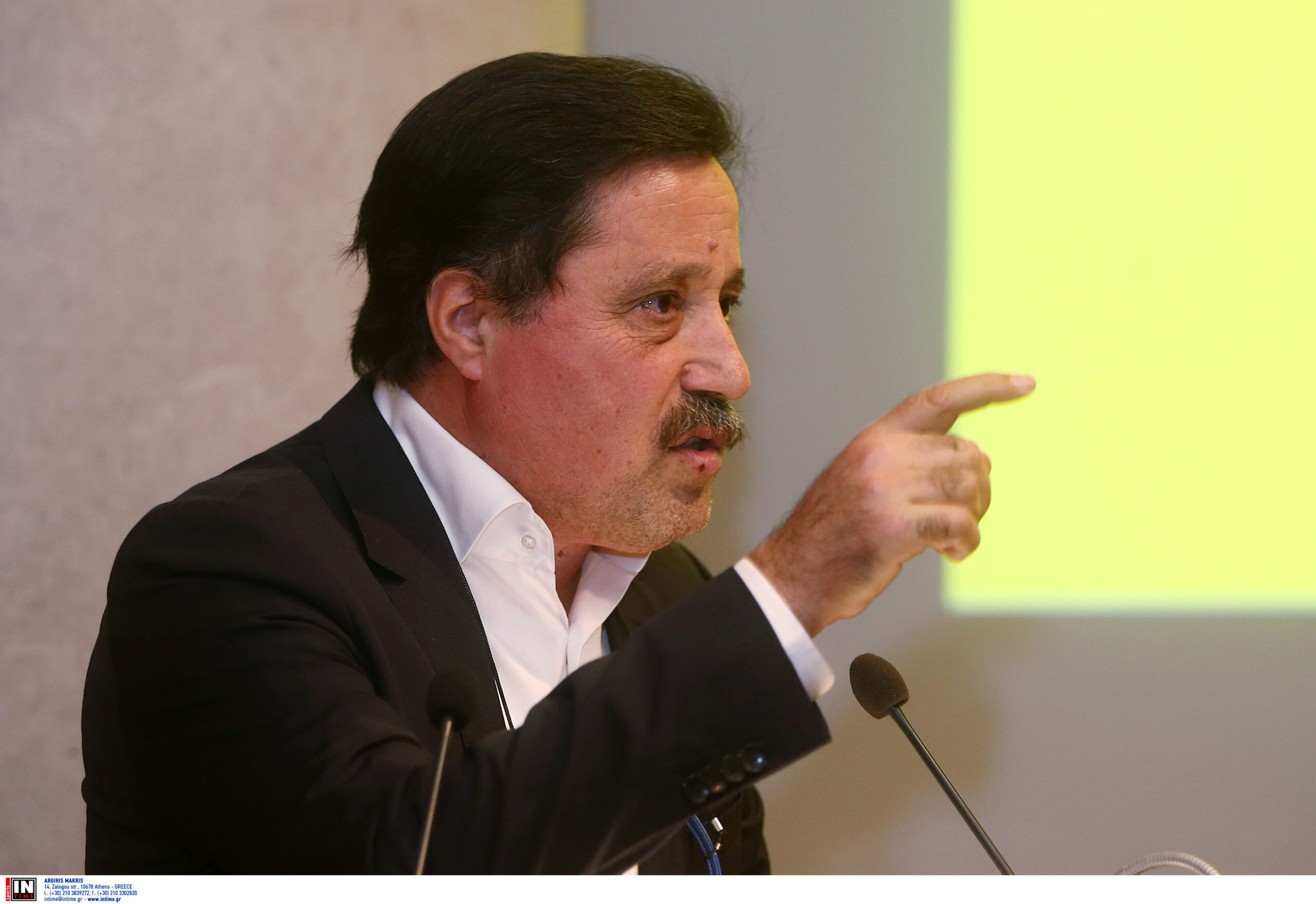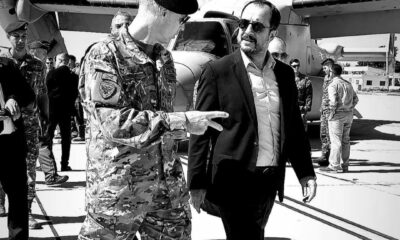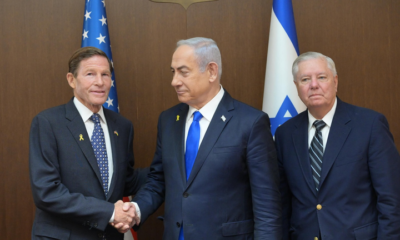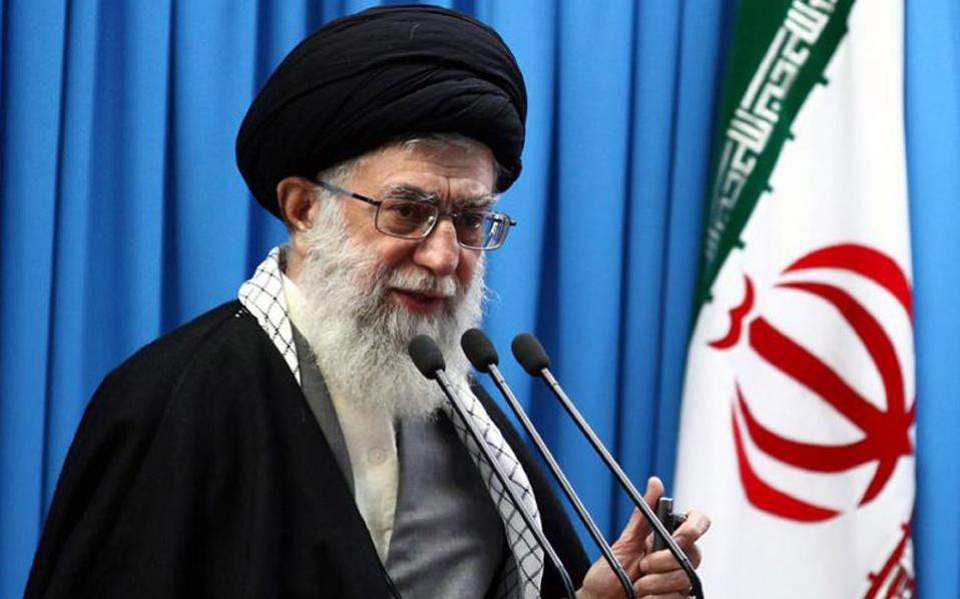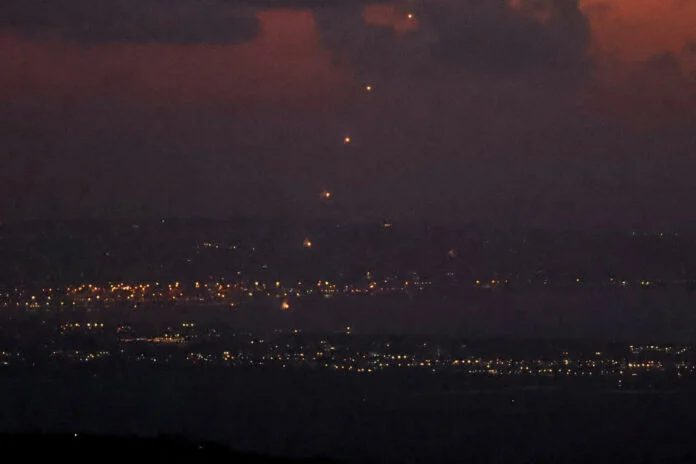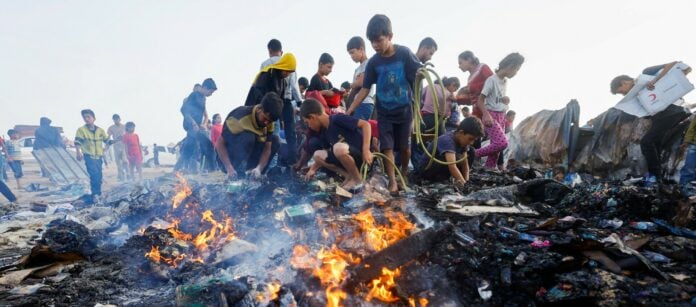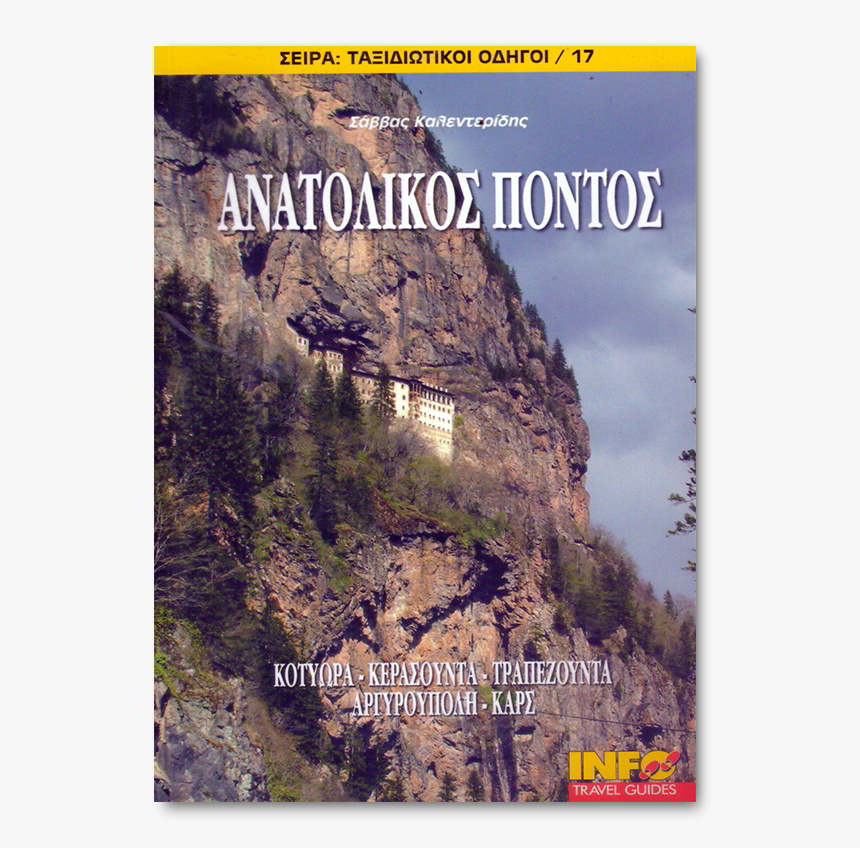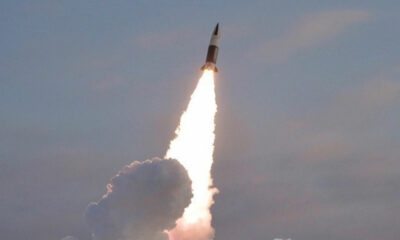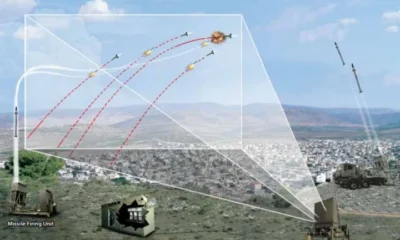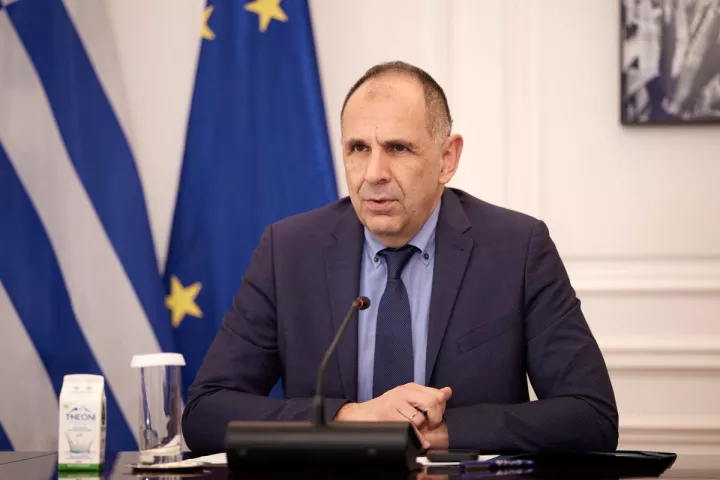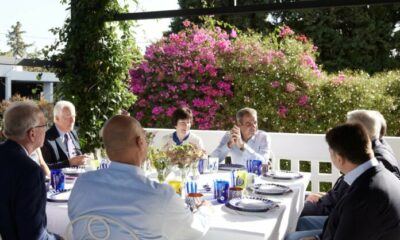President Obama has shown himself to be weak in his dealings with the Middle East, says Robert Fisk, and the Arab world is turning its back with contempt. Its future will be shaped without American influence
This month, in the Middle East, has seen the unmaking of the President of the United States. More than that, it has witnessed the lowest prestige of America in the region since Roosevelt met King Abdul Aziz on the USS Quincy in the Great Bitter Lake in 1945.
While Barack Obama and Benjamin Netanyahu played out their farce in Washington – Obama grovelling as usual – the Arabs got on with the serious business of changing their world, demonstrating and fighting and dying for freedoms they have never possessed. Obama waffled on about change in the Middle East – and about America’s new role in the region. It was pathetic. “What is this ‘role’ thing?” an Egyptian friend asked me at the weekend. “Do they still believe we care about what they think?”
And it is true. Obama’s failure to support the Arab revolutions until they were all but over lost the US most of its surviving credit in the region. Obama was silent on the overthrow of Ben Ali, only joined in the chorus of contempt for Mubarak two days before his flight, condemned the Syrian regime – which has killed more of its people than any other dynasty in this Arab “spring”, save for the frightful Gaddafi – but makes it clear that he would be happy to see Assad survive, waves his puny fist at puny Bahrain’s cruelty and remains absolutely, stunningly silent over Saudi Arabia. And he goes on his knees before Israel. Is it any wonder, then, that Arabs are turning their backs on America, not out of fury or anger, nor with threats or violence, but with contempt?
It is the Arabs and their fellow Muslims of the Middle East who are themselves now making the decisions.
Turkey is furious with Assad because he twice promised to speak of reform and democratic elections – and then failed to honour his word.The Turkish government has twice flown delegations to Damascus and, according to the Turks, Assad lied to the foreign minister on the second visit, baldly insisting that he would recall his brother Maher’s legions from the streets of Syrian cities. He failed to do so. The torturers continue their work.
Watching the hundreds of refugees pouring from Syria across the northern border of Lebanon, the Turkish government is now so fearful of a repeat of the great mass Iraqi Kurdish refugee tide that overwhelmed their border in the aftermath of the 1991 Gulf war that it has drawn up its own secret plans to prevent the Kurds of Syria moving in their thousands into the Kurdish areas of south-eastern Turkey. Turkish generals have thus prepared an operation that would send several battalions of Turkish troops into Syria itself to carve out a “safe area” for Syrian refugees inside Assad’s caliphate. The Turks are prepared to advance well beyond the Syrian border town of Al Qamishli – perhaps half way to Deir el-Zour (the old desert killing fields of the 1915 Armenian Holocaust, though speak it not) – to provide a “safe haven” for those fleeing the slaughter in Syria’s cities.
The Qataris are meanwhile trying to prevent Algeria from resupplying Gaddafi with tanks and armoured vehicles – this was one of the reasons why the Emir of Qatar, the wisest bird in the Arabian Gulf, visited the Algerian president, Abdelaziz Bouteflika, last week. Qatar is committed to the Libyan rebels in Benghazi; its planes are flying over Libya from Crete and – undisclosed until now – it has Qatari officers advising the rebels inside the city of Misrata in western Libya; but if Algerian armour is indeed being handed over to Gaddafi to replace the material that has been destroyed in air strikes, it would account for the ridiculously slow progress which the Nato campaign is making against Gaddafi.
Of course, it all depends on whether Bouteflika really controls his army – or whether the Algerian “pouvoir”, which includes plenty of secretive and corrupt generals, are doing the deals. Algerian equipment is superior to Gaddafi’s and thus for every tank he loses, Ghaddafi might be getting an improved model to replace it. Below Tunisia, Algeria and Libya share a 750-mile desert frontier, an easy access route for weapons to pass across the border.
But the Qataris are also attracting Assad’s venom. Al Jazeera’s concentration on the Syrian uprising – its graphic images of the dead and wounded far more devastating than anything our soft western television news shows would dare broadcast – has Syrian state television nightly spitting at the Emir and at the state of Qatar. The Syrian government has now suspended up to £4 billion of Qatari investment projects, including one belonging to the Qatar Electricity and Water Company.
Amid all these vast and epic events – Yemen itself may yet prove to be the biggest bloodbath of all, while the number of Syria’s “martyrs” have now exceeded the victims of Mubarak’s death squads five months ago – is it any surprise that the frolics of Messrs Netanyahu and Obama appear so irrelevant? Indeed, Obama’s policy towards the Middle East – whatever it is – sometimes appears so muddled that it is scarcely worthy of study.
He supports, of course, democracy – then admits that this may conflict with America’s interests. In that wonderful democracy called Saudi Arabia, the US is now pushing ahead with a £40 billion arms deal and helping the Saudis to develop a new “elite” force to protect the kingdom’s oil and future nuclear sites. Hence Obama’s fear of upsetting Saudi Arabia, two of whose three leading brothers are now so incapacitated that they can no longer make sane decisions – unfortunately, one of these two happens to be King Abdullah – and his willingness to allow the Assad family’s atrocity-prone regime to survive. Of course, the Israelis would far prefer the “stability” of the Syrian dictatorship to continue; better the dark caliphate you know than the hateful Islamists who might emerge from the ruins. But is this argument really good enough for Obama to support when the people of Syria are dying in the streets for the kind of democracy that the US president says he wants to see in the region?
One of the vainest elements of American foreign policy towards the Middle East is the foundational idea that the Arabs are somehow more stupid than the rest of us, certainly than the Israelis, more out of touch with reality than the West, that they don’t understand their own history. Thus they have to be preached at, lectured, and cajoled by La Clinton and her ilk – much as their dictators did and do, father figures guiding their children through life. But Arabs are far more literate than they were a generation ago; millions speak perfect English and can understand all too well the political weakness and irrelevance in the president’s words. Listening to Obama’s 45-minute speech this month – the “kick off’ to four whole days of weasel words and puffery by the man who tried to reach out to the Muslim world in Cairo two years ago, and then did nothing – one might have thought that the American President had initiated the Arab revolts, rather than sat on the sidelines in fear.
There was an interesting linguistic collapse in the president’s language over those critical four days. On Thursday 19 May, he referred to the continuation of Israeli “settlements”. A day later, Netanyahu was lecturing him on “certain demographic changes that have taken place on the ground”. Then when Obama addressed the American Aipac lobby group (American Israel Public Affairs Committee) on the Sunday, he had cravenly adopted Netanyahu’s own preposterous expression. Now he, too, spoke of “new demographic realities on the ground.” Who would believe that he was talking about internationally illegal Jewish colonies built on land stolen from Arabs in one of the biggest property heists in the history of “Palestine”? Delay in peace-making will undermine Israeli security, Obama announced – apparently unaware that Netanyahu’s project is to go on delaying and delaying and delaying until there is no land left for the “viable” Palestinian state which the United States and the European Union supposedly wish to see.
Then we had the endless waffle about the 1967 borders. Netanyahu called them “defenceless” (though they seemed to have been pretty defendable for the 18 years prior to the Six Day War) and Obama – oblivious to the fact that Israel must be the only country in the world to have an eastern land frontier but doesn’t know where it is – then says he was misunderstood when he talked about 1967. It doesn’t matter what he says. George W Bush caved in years ago when he gave Ariel Sharon a letter which stated America’s acceptance of “already existing major Israeli population centres” beyond the 1967 lines. To those Arabs prepared to listen to Obama’s spineless oration, this was a grovel too far. They simply could not understand the reaction of Netanyahu’s address to Congress. How could American politicians rise and applaud Netanyahu 55 times – 55 times – with more enthusiasm than one of the rubber parliaments of Assad, Saleh and the rest?
And what on earth did the Great Speechifier mean when he said that “every country has the right to self-defence” but that Palestine would be “demilitarised”? What he meant was that Israel could go on attacking the Palestinians (as in 2009, for example, when Obama was treacherously silent) while the Palestinians would have to take what was coming to them if they did not behave according to the rules – because they would have no weapons to defend themselves. As for Netanyahu, the Palestinians must choose between unity with Hamas or peace with Israel. All of which was very odd. When there was no unity, Netanyahu told us all that he had no Palestinian interlocutor because the Palestinians were disunited. Yet when they unite, they are disqualified from peace talks.
Of course, cynicism grows the longer you live in the Middle East. I recall, for example, travelling to Gaza in the early 1980s when Yasser Arafat was running his PLO statelet in Beirut. Anxious to destroy Arafat’s prestige in the occupied territories, the Israeli government decided to give its support to an Islamist group in Gaza called Hamas. In fact, I actually saw with my own eyes the head of the Israeli army’s Southern Command negotiating with bearded Hamas officials, giving them permission to build more mosques. It’s only fair to say, of course, that we were also busy at the time, encouraging a certain Osama bin Laden to fight the Soviet army in Afghanistan. But the Israelis did not give up on Hamas. They later held another meeting with the organisation in the West Bank; the story was on the front page of the Jerusalem Post the next day. But there wasn’t a whimper from the Americans.
Then another moment that I can recall over the long years. Hamas and Islamic Jihad members – all Palestinians – were, in the early 1990s, thrown across the Israeli border into southern Lebanon where they spent more than a year camping on a freezing mountainside. I would visit them from time to time and on one occasion mentioned that I would be travelling to Israel next day. Immediately, one of the Hamas men ran to his tent and returned with a notebook. He then proceeded to give me the home telephone numbers of three senior Israeli politicians – two of whom are still prominent today – and, when I reached Jerusalem and called the numbers, they all turned out to be correct. In other words, the Israeli government had been in personal and direct contact with Hamas.
But now the narrative has been twisted out of all recognition. Hamas are the super-terrorists, the “al-Qa’ida” representatives in the unified Palestinian leadership, the men of evil who will ensure that no peace ever takes place between Palestinians and Israeli. If only this were true, the real al-Qa’ida would be more than happy to take responsibility. But it is not true. In the same context, Obama stated that the Palestinians would have to answer questions about Hamas. But why should they? What Obama and Netanyahu think about Hamas is now irrelevant to them. Obama warns the Palestinians not to ask for statehood at the United Nations in September. But why on earth not? If the people of Egypt and Tunisia and Yemen and Libya and Syria – we are all waiting for the next revolution (Jordan? Bahrain again? Morocco?) – can fight for freedom and dignity, why shouldn’t the Palestinians? Lectured for decades on the need for non-violent protest, the Palestinians elect to go to the UN with their cry for legitimacy – only to be slapped down by Obama.
Having read all of the “Palestine Papers” which Al-Jazeera revealed, there is no doubt that “Palestine’s” official negotiators will go to any lengths to produce some kind of statelet. Mahmoud Abbas, who managed to write a 600-page book on the “peace process” without once mentioning the word “occupation”, could even cave in over the UN project, fearful of Obama’s warning that it would be an attempt to “isolate” Israel and thus de-legitimise the Israeli state – or “the Jewish state” as the US president now calls it. But Netanyahu is doing more than anyone to delegitimise his own state; indeed, he is looking more and more like the Arab buffoons who have hitherto littered the Middle East. Mubarak saw a “foreign hand” in the Egyptian revolution (Iran, of course). So did the Crown Prince of Bahrain (Iran again). So did Gaddafi (al-Qa’ida, western imperialism, you name it), So did Saleh of Yemen (al-Qa’ida, Mossad and America). So did Assad of Syria (Islamism, probably Mossad, etc). And so does Netanyahu (Iran, naturally enough, Syria, Lebanon, just about anyone you can think of except for Israel itself).
But as this nonsense continues, so the tectonic plates shudder. I doubt very much if the Palestinians will remain silent. If there’s an “intifada” in Syria, why not a Third Intifada in “Palestine”? Not a struggle of suicide bombers but of mass, million-strong protests. If the Israelis have to shoot down a mere few hundred demonstrators who tried – and in some cases succeeded – in crossing the Israeli border almost two weeks ago, what will they do if confronted by thousands or a million. Obama says no Palestinian state must be declared at the UN. But why not? Who cares in the Middle East what Obama says? Not even, it seems, the Israelis. The Arab spring will soon become a hot summer and there will be an Arab autumn, too. By then, the Middle East may have changed forever. What America says will matter nothing.
Robert Fisk – The Independent



